
Teaching Traveling: Curious about how travel as a student can lead to a lifetime of inspiration and opportunities?
Today we have a special interviewee: Steph Alexandre, who was one of my former students in Boston, and is now an expert globe-trotter! Steph, tell us about yourself.
Steph: Hello! My name is Steph and I am from Boston. My family and I moved to Boston in 2004 from Haiti, where I was born and raised. I went to Boston Public Schools, and from there I went to Tufts, from which I just graduated!
In Tufts, I majored in International Relations (Concentration: Global Health, Nutrition, and Environment) and Community Health. I became really passionate about global care and disparities and vulnerable healthcare systems.
On the traveling side, I really started traveling in 11th grade in High School where I went on a school group tour to China (Beijing and Shanghai). From then on, I was bitten by the travel bug, and have been to eight countries ever since!
I did not immediately make the connection between my love for global health and my love of traveling, but eventually, after taking more courses on health policy, the ACA, and lack of access to certain groups of people, I knew there was more growing and learning to be done internationally.
I currently work at the Harvard Global Health Institute, where I am a Staff Assistant and help coordinate conferences, symposiums, and meeting with thought leaders in the field like Health Ministers from countries with threatened health systems.
I am a teacher of one because I get to travel to teach myself more about the world and its health systems. So far, I have traveled to China, Italy, Rwanda, India, Chile, Peru, Argentina, and Uruguay. Compared to traveling giants and pioneers, eight countries in six years is not a gigantic feat, but it helps keep me grounded to come back and take some time to recover from each trip. Traveling can be hard work!
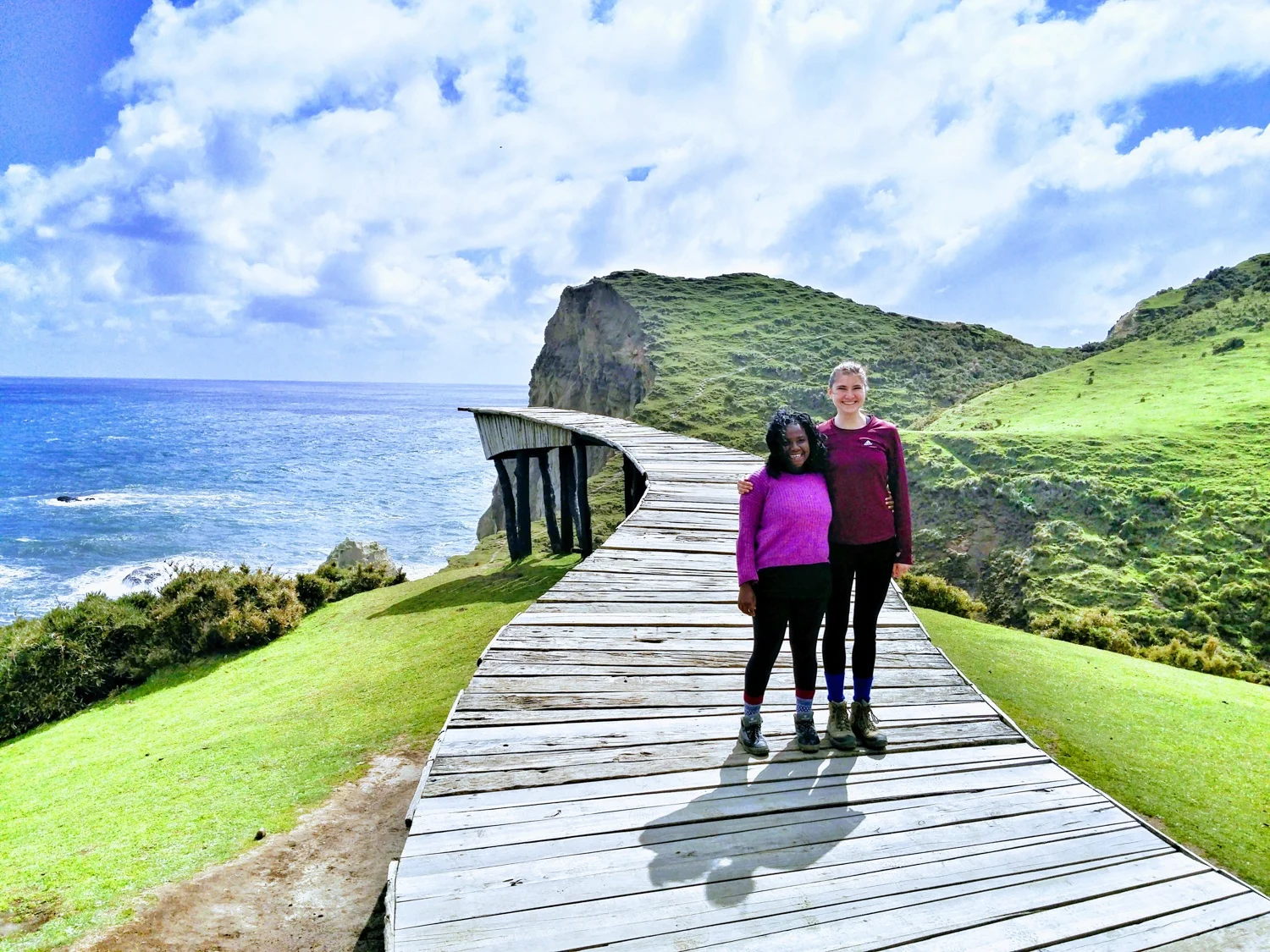
TT: Love it! (For readers, I was on that trip to China mentioned above, and it was formative for all of us.) Now, Steph, tell us more about your favorite travels so far.
S: Machu Picchu was the best adventure I went on last year! As part of my study abroad program in Chile (just south of Peru), we all got a travel stipend, and so the program was able to pay for our plane ticket (which is a miracle because airfare is expensive!)
Since we were a group of 15 Tufts students, we divided ourselves into smaller groups to make our travels less overwhelming. My friends and I stayed in Ollantaytambo, but others stayed in Aguas Calientes (the town Machu Picchu is in).
There was a lot of anticipation going into the trip, but I knew I HAD to go, because I did not know when another opportunity like this would present itself. (As much as I love Franklin Park in Boston, it’s not exactly the same…) Early in the morning, we took the most scenic train ride to Aguas Calientes, and arrived and stood in line to enter MP.
It was marvelous! We were among a huge group of visitors that day, but fortunately, the weather was nice, and we hiked parts of the ‘chu. (Side note: I almost made a typo in that last sentence but didn’t thanks to my teacher’s “weather vs. whether” tutorial!) The most surprising part of MP were the alpacas! They are everywhere, and it was quite a feat, trying to evade huge animals on the steps.
Prior to MP, we stayed in Cusco, and the altitude sickness unfortunately lingered to Aguas Calientes. Nonetheless, we carried on to see the marvelous curved mountains that seem to just rise from the earth. Machu Picchu is still on my list! I am still in the process of teaching myself to re-discover places and learn new aspects of an old place.

TT: Brilliant. I’m a huge alpaca fan, too! Now, how do you find your travel opportunities?
S: My greatest stretch of traveling was when I studied abroad last semester in Chile. During the holidays and times off, I was able to to go Montevideo (Uruguay), Buenos Aires (Argentina), and Lima and Aguas Calientes (Peru).
Buenos Aires had been on my list for a long time, and when I finally realized how close I would be to Argentina from Chile, I knew I had to save up and go! Mostly, all of my travels have been through school, and budgeting on my own and with friends.
I read a lot of Buzzfeed and similar articles that often tell you places you HAVE to travel to in your 20s, and that helped me narrow down a travel bucket list very shortly thereafter. I am a strong advocate for women of color traveling and trekking the globe to explore and discover more about the world and ourselves.
I have never been an impulse traveler, like some of my friends who buy cheap tickets as they pop up and plan a trip from there. I need control, and I plan every last possible detail and contingency plans ahead of time.
Additionally, I google places as they come up in my readings and research, and I keep a detailed Google Doc of the places I want to see in this lifetime. However, I have found that it helps to make annual plans to push me out of my comfort zone.
This year, I am learning to be more and more spontaneous with my domestic traveling because the U.S. is so vast and diverse that there is often always a new city, park, or place for me to discover.
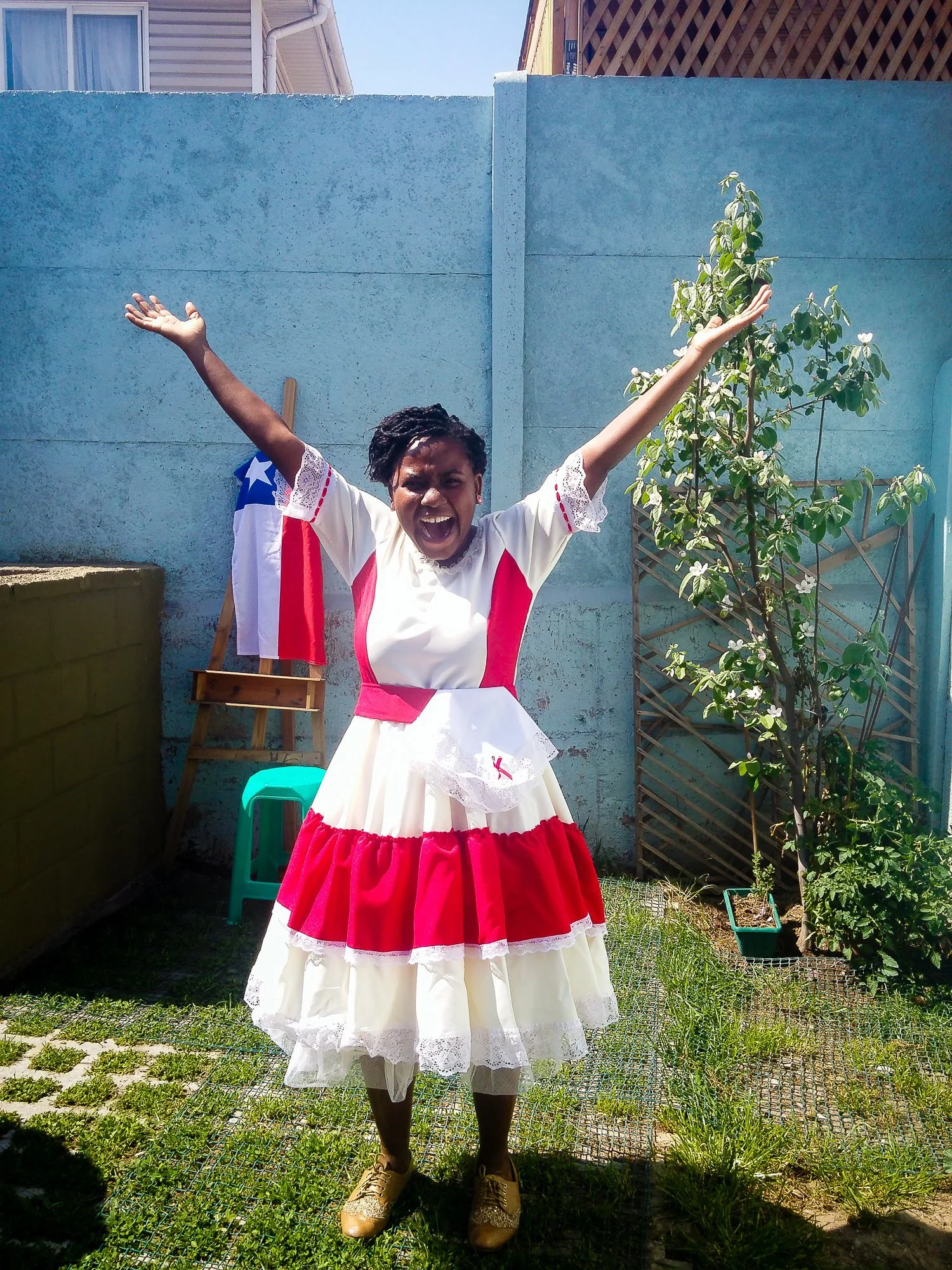
TT: So well said! Thank you for pointing out the usefulness of using a study abroad city as a base for one’s own travels. Can you tell us more about how you found the money to fund your adventures?
S: A lot of savings. A lot. One of the most underrated skills that I think all travelers have is the secret knowledge of budgeting. This does not just include budgeting on the ground, but also months of planning and (tight) budgeting in our home countries — compromise now and get incredible adventures later!
For my China and Italy trips back in high school, I fundraised using GoFundMe. As a high school student, I knew I had to raise money for my travels (anything from flights and visas to souvenirs) and I did not want to burden my father with the extra costs.
In college, it was fairly different, as I had work study, and my second trip to Rwanda was free since I was the co-leader. Tufts in Chile, the program that I studied abroad through, was very convenient, and my financial aid transferred over.
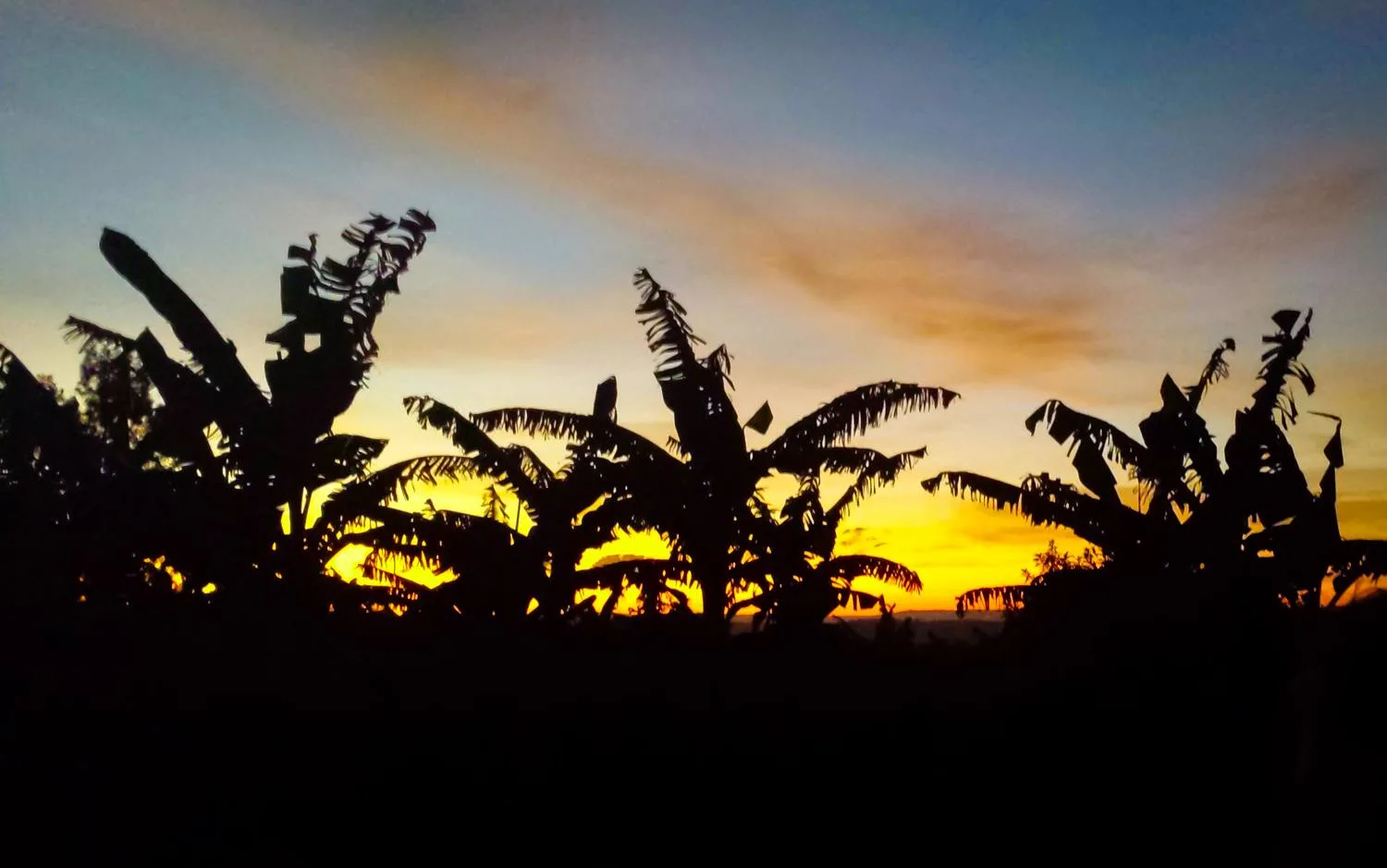
I needed eight semesters of a foreign language as a requirement for the International Relations major, and I wanted to study in a country where the language is spoken to really challenge myself. A few weeks after receiving the acceptance letter from the program, I sat down for three hours and made a comprehensive budget list.
I knew I had to be realistic with my spending and my saving. For example, in Chile I wanted to do one major trip so I had to choose between Easter Island and Patagonia. I saved up for Patagonia and I did NOT regret my decision. However, that meant disabling my Venmo app (it is so easy for me to spend money that way) and working extra hours in the few months.
Traveling takes sacrifice because it often costs money. Chile turned out to be perfect, and looking back, I can’t imagine going anywhere else to study.
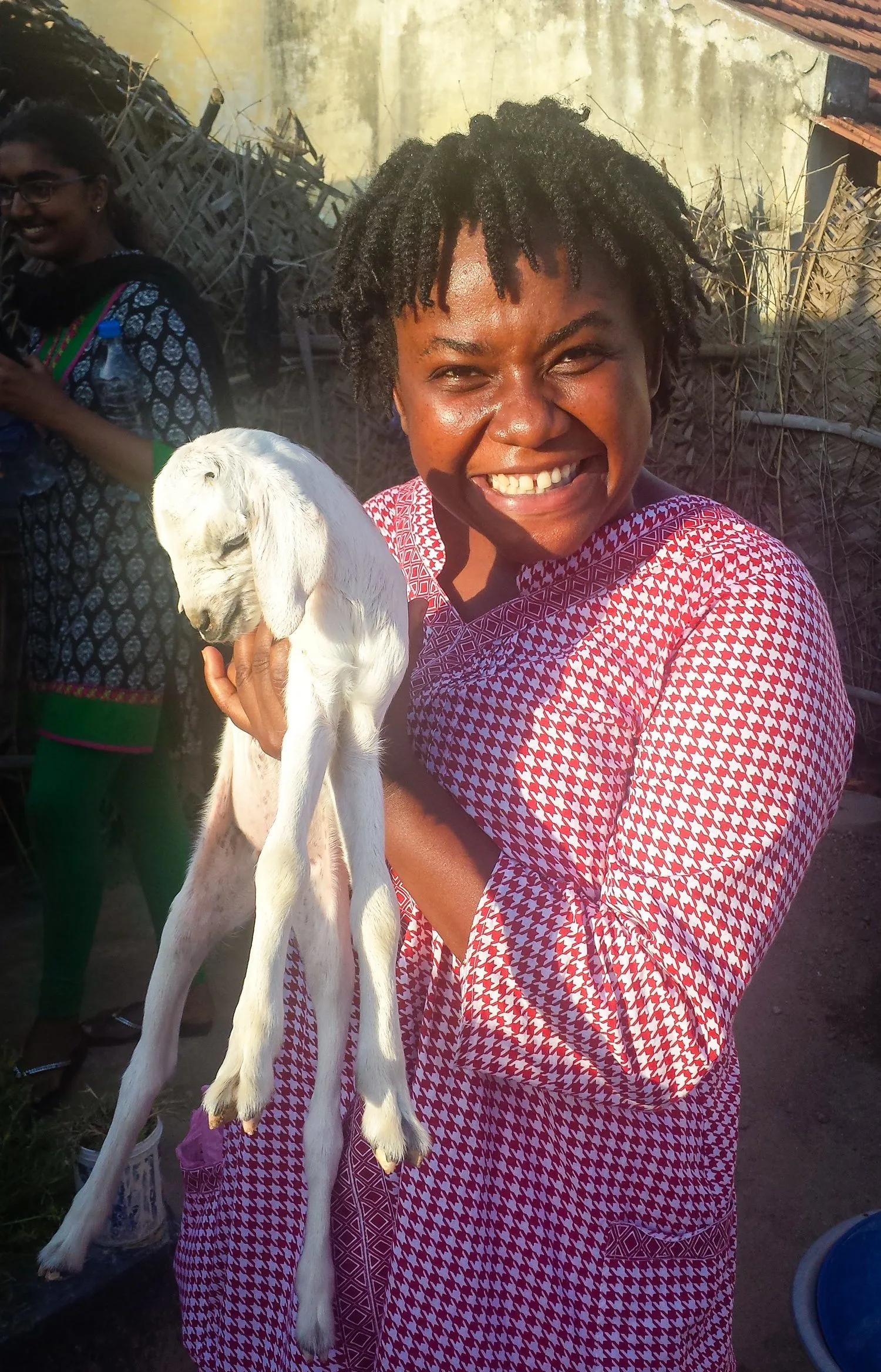
TT: That makes me so happy! Tell us one moment from your travels that was particularly powerful.
S: I was a program leader from the Interfaith Rwandan trip with Tufts Hillel in the summer of 2015. One of the main purposes of the trip was to learn about the Rwandan genocide and to nurture an interfaith community to see what some major religions had to say about war, peace, forgiveness, healing, and hope.
Rwanda was the hardest trip that I have ever taken each time (I went twice, the first time as a participant, and the following summer I led the group). I was forced to grow exponentially in a short amount of time. Before we left, my co-leader and I had to continuously check in with 20 participants regarding passports, malaria medicines, and other logistical information.
Being in Rwanda was difficult; we visited museums and tomb sites (and even saw bodies of people). I have done this trip both times with 38 people in total, and no one ever walked out of the Children’s Room without breaking down. In times of wars and crises, women and children disproportionately carry the burden violence. And it is always, always heartbreaking. Genocide is such a radical crisis that being there decades later, it somehow felt simultaneously detaching and intimate.
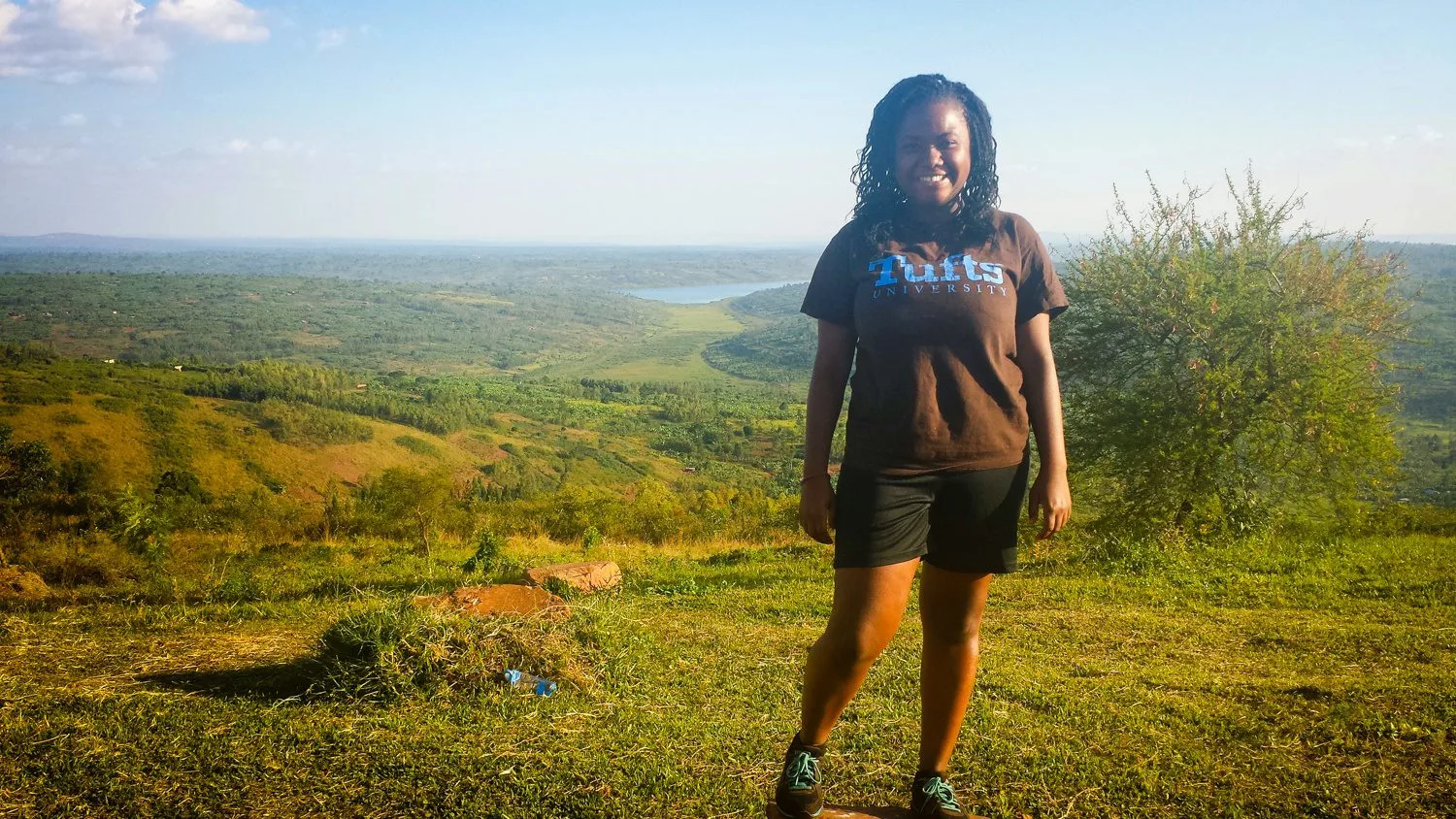
While in Rwanda, we stayed at the Agahozo Shalom Youth Village, a village built by Ann Heyman as a response to Rwanda’s growing orphan problem after the genocide. There, the children are given a “mama” (most likely a woman who lost her husband, as the children also lost their parents), a home with new siblings, and an education. In the center of the village there is a mango tree, and whenever any of us got lost, we went to the mango tree to find our way.
There are not yet words invented to describe how powerful and healing it is for everyone who touches foot in the village. The children go from shy and reserved to bright students who thrive in arts, photography, geography and technology. While they are in the village they participate in “Tikkum Alev and Tikkum Alam” which means to heal the world, you have to heal the heart; they go out every week in Rubona to build brick houses for families in need. Some kids come with all their belongings in a brown paper bag but they take so much more with them when they graduate. Some even come to the states to pursue their undergraduate degrees!
When Ann Heyman died a few years ago, the director told us that for two whole days, there was not even a second where there wasn’t a student under the mango tree weeping bitterly at such great loss.

TT: Thank you for sharing that powerful experience. Can you tell us how your travels have impacted you, personally?
S: Last semester, I studied abroad in Chile and was a volunteer at Teleton. Teleton is a free clinic that provides rehabilitation and medical services to children in Chile for free. Teleton is in many South American countries and carry similar philosophies and missions.
There, I deeply experienced what quality care meant to sick children. Often, I was part of a group that played with the kids and kept them entertained until their parents can fly back to Santiago (Chile’s capital city) to take them home. Other times, I helped transport patients to their respective care needs (rehab, psych care, or regular check-ups).
Healthcare in the United States is a headache on good days and a nightmare on bad days. However, working in Santiago with Teleton helped me learn the incredible benefits and challenges that accompany a privately-owned free care service center. (Chileans celebrate “Day of Teleton” in December where all the funding goes into running the centers).
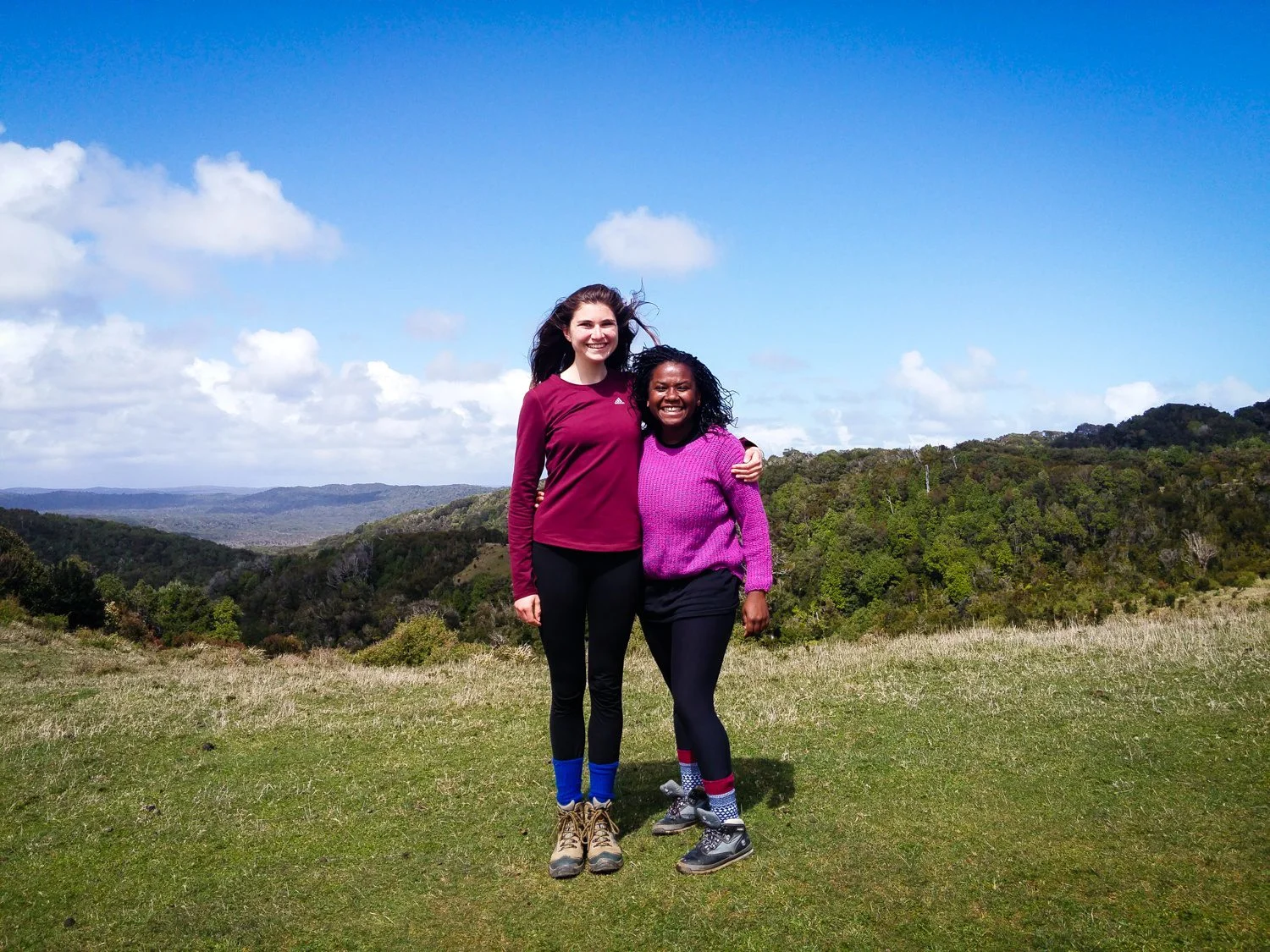
I currently work at the HGHI, but I do want to pursue an MPH and a PhD so I can teach higher-ed. I am passionate about epidemiology and women’s health, and I know with time, I will have to travel a lot more for work and not exploration.
In my current job, I get to meet many physicians, oncologists, and international health ministers and I see their vision for global health and how to collaborate and eradicate global burdens like HIV/AIDS, Tuberculosis, and Malaria (the big 3).
In many cases, women and children and left in the middle of the hot zone when it comes to the Big 3. However, I believe that if each country with threatened health systems had the infrastructure and funding to set up national Teleton, some of the burden would be alleviated.
Indubitably, this is an extreme generalization, because providing quality healthcare is never simple. Never. But being in Chile taught that a system like Teleton is not only possibly but also effective. In my research for work, I am always intrigued to learn of health ministers, nurses, and doctors who are often in the background — fighting and stretching every penny out of already-impossible budgets to help women and children.

TT: So inspiring. I can’t wait to see how your career develops! In closing, what advice do you have for readers interested in the intersection of travel and learning?
S: The hardest part of traveling for me is getting on the plane. The first major plane ride I took was from Haiti to NYC, and I left behind a home. In hindsight, I did not know how much immigrating to the U.S. would entail. I did not know the challenges ahead and the incredibly long adjusting phase that it would take for me to feel whole and secure again.
Even now, I am still apprehensive when I first step on a plane. Am I going to change? Will I want to come back? How will the food be there? What if I get lost? And there is a plethora of fears associated with women traveling, meaning that a quick Google search can do more harm than good.
There are a million reasons not to get on that plane. Even so, my advice would be to do just that: get on that plane. It might sound easy, but it might be more of an emotional debt for those of us growing ourselves into global citizens, and those of us who have left homes, cultures, traditions behind.
Travel is an emotional process; you give your whole self to a country, and you do not know if you are getting anything in return. That is the denotation of vulnerability. In my experience, every time I have traveled, I always come back a better, more-aware version of myself.
Traveling makes you feel big and small simultaneously; it is a big world out there, but you become more of yourself by trekking that very world. My advice is to take the leap by getting on the plane, because in many ways, that is the most important first step that you can take.
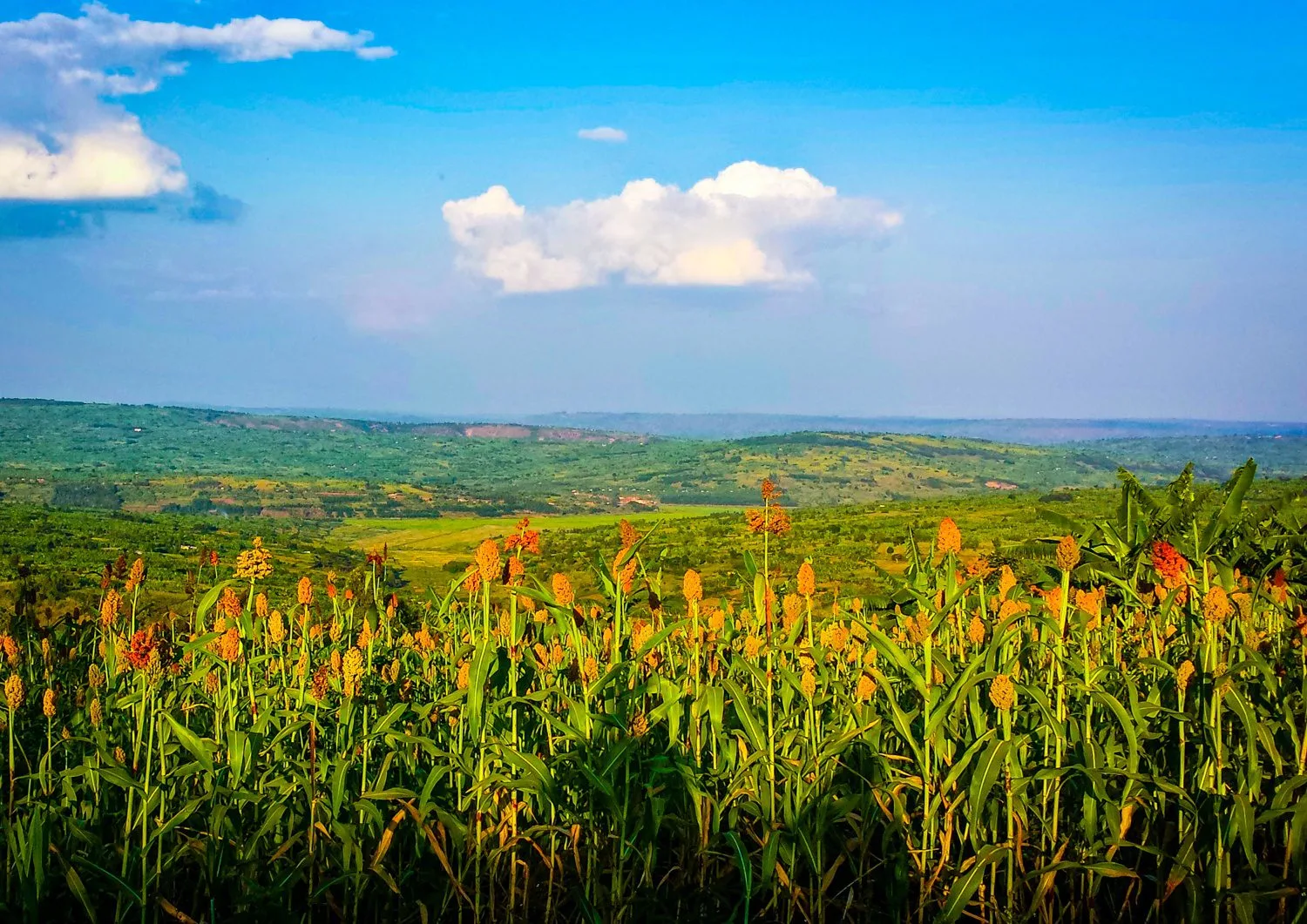
TT: Thanks so much, Steph! Readers, what comments or questions do you have for this remarkable young woman? Do also check out Steph’s great articles for Wandering Educators!
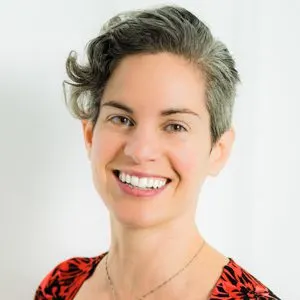
The author, Lillie Marshall, is a 6-foot-tall National Board Certified Teacher of English from Boston who has been a public school educator since 2003. She launched TeachingTraveling.com in 2010 to share expert global education resources, and over 1.6 million readers have visited over the past decade. Lillie also runs AroundTheWorld L.com Travel and Life Blog, and DrawingsOf.com for educational art. Do stay in touch via subscribing to her monthly newsletter, and following @WorldLillie on social media!
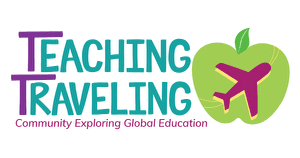
Jen V
Wednesday 16th of August 2017
Go Steph and go Jumbos! Thanks for this inspiring story.
Steph
Tuesday 5th of September 2017
Yay! So grateful that my time at Tufts inspired/enabled me to study abroad!
Steph Alexandre
Thursday 10th of August 2017
This came out so great! Thank you, Lillie, for publishing it! ❤
Lillie
Thursday 10th of August 2017
Woo hoo! Can you believe it's been 7 years since you were in my English class? Floored by what you've gone on to do, and can't wait to see your glorious future!